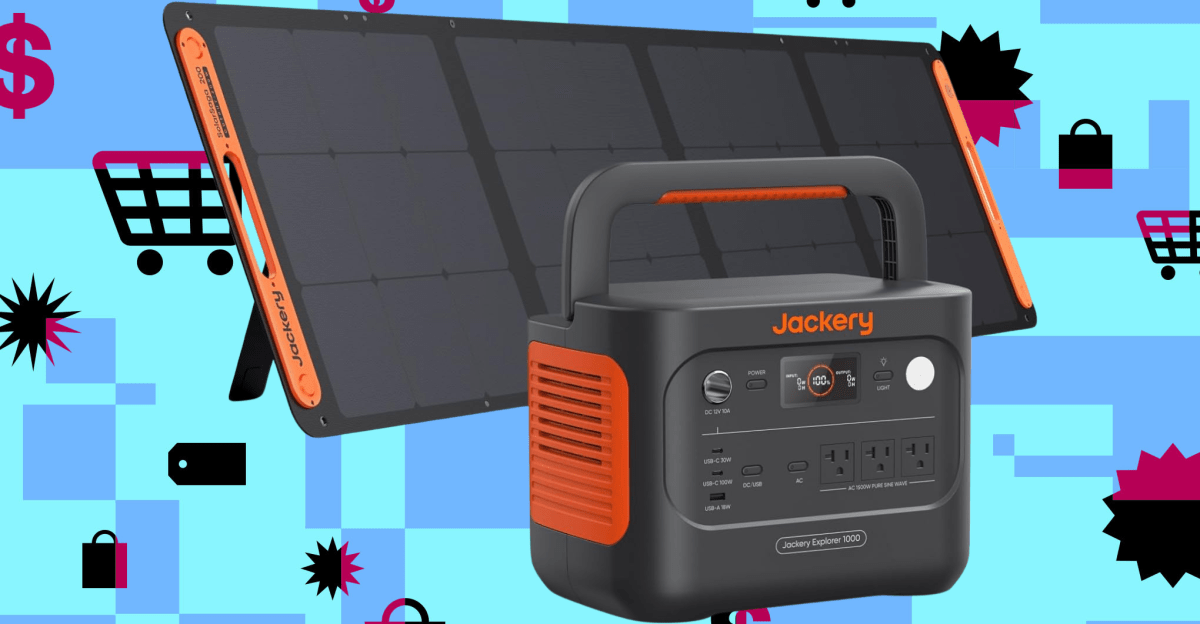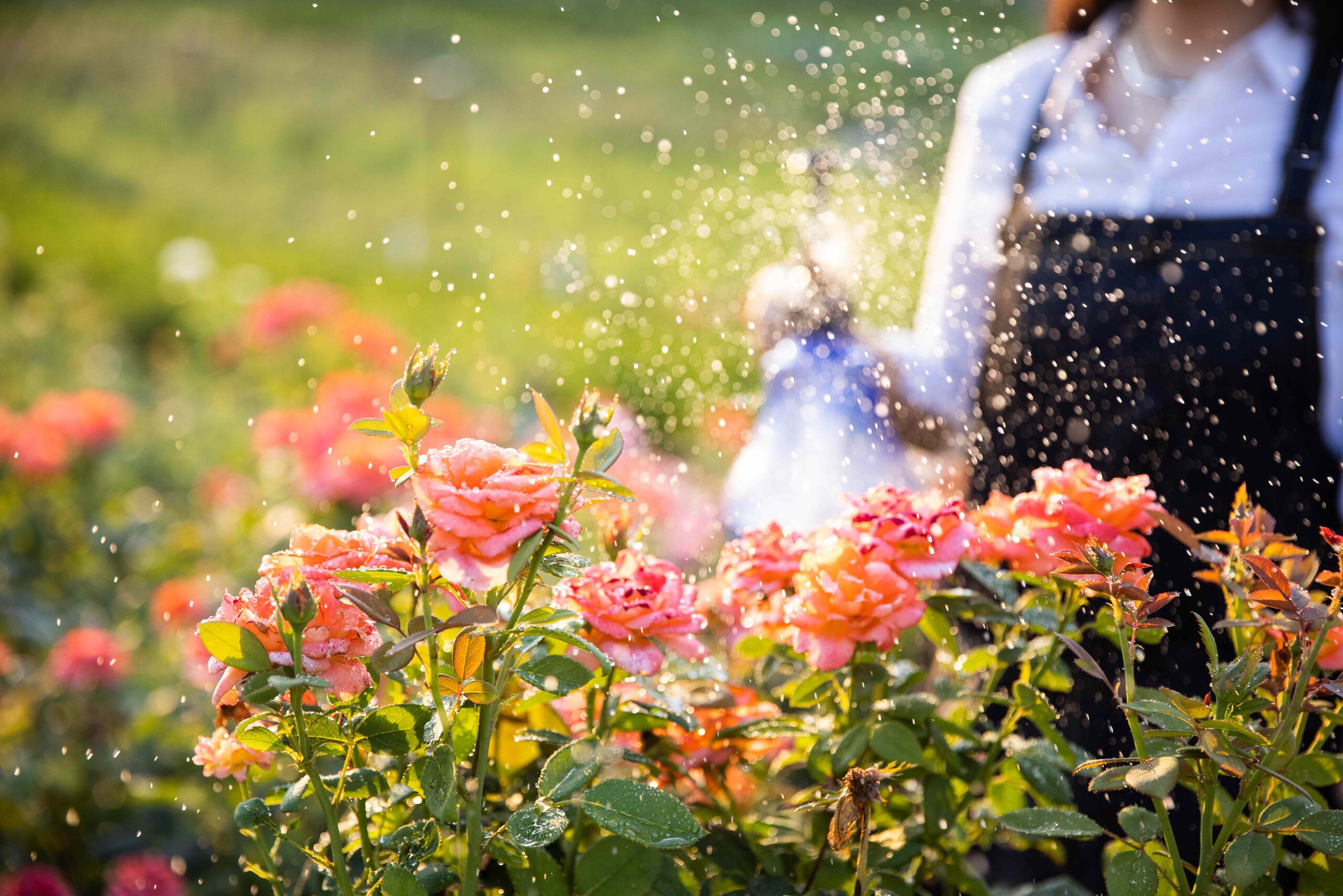Key Takeaways
- Living organic mulch such as straw, woodchips, and shredded leaves insulate soil and reduce evaporation.
- Water deeply to encourage a strong, healthy root systems that don’t rely on shallow, frequent watering.
- There are plenty of great tools that can help you reduce your water usage without sacrificing plant health.
There are plenty of things you can do to keep your home garden green in every sense of the word, and this includes using less water to maintain your outdoor space. Of course, it’s not as simple as watering your garden less; there are plenty of methods you can take to help reduce your water usage in a way that still allows your plants to thrive.
Two experts gave us their top tips for reducing water consumption while gardening, all without sacrificing plant health in the slightest.
Meet the Expert
- Luke Hammond is an expert gardener at Seedtime, a garden planning and management app.
- Alexander Betz is a landscape designer and the founder of Plant by Number.
Use Mulch
BasieB / Getty Images
If you’re not currently mulching your garden, expert gardener Luke Hammond this is one easy way to reduce your water usage. He especially suggests living organic mulch, such as straw, wood chips, and shredded leaves, as it’s ideal for building soil health.
“[This] insulates the soil, reduces evaporation, suppresses weeds, and keeps roots cooler,” says Hammond. “It’s one of the most effective water-saving techniques because it can reduce surface evaporation by up to seventy percent.”
If you’re unsure of how much mulch to use, landscape designer Alexander Betz gave us some insight.
“Apply a two to three-inch layer of organic mulch around plants,” he says.
Want more gardening tips? Sign up for our free gardening newsletter for our best growing tips, troubleshooting hacks, and more!
Water Deeply and Infrequently
As with most things, watering your garden is often about quality more than quantity. Hammond says many home gardeners don’t water their gardens deeply enough, which leads to shallow, frequent watering.
“Watering less often but more deeply encourages roots to grow deeper, where soil holds moisture better,” he says. “This boosts plant resilience during dry spells.”
On the other hand, if you don’t water deeply enough, Hammond warns the roots will stay near the surface and become dependent on constant irrigation.
Choose the Right Time to Water
welcomia / Getty Images
If you’re watering when the sun is high, Hammond says you’re doing it at the wrong time—and your plants are losing access to water because of it. Instead, he says it’s best to water early in the morning or late in the evening.
“[This] minimizes evaporation losses and gives plants time to absorb moisture before heat stress sets in,” Hammond says.
Rely on Native Plants and Drought-Adapted Varieties
It’s becoming increasingly common for home gardeners to heavily feature native plants, as these are guaranteed to do well. But Hammond says you can also incorporate more drought-adapted varieties.
“Lavender, yarrow, and many herbs naturally require less water and thrive in local conditions,” says Hammond. “They’re a smart choice for a water-conscious garden.”
Group Plants Together
Frédéric Collin / Getty Images
As you’re designing the layout of your garden, Hammond suggests grouping plants together if they have similar water needs. This will help you navigate the tricky balance of how much water you need in each are of your garden.
This, of course, is a better tip if you’re working from scratch, but you can still apply the same approach as you add new plants into your beds.
Use Smart Technology
If you have an irrigation system, Hammon says a smart timer can be a lifesaver. He personally has one for this exact reason.
“I made it a rule for myself to always have an automatic timer shut off on my irrigation wherever possible,” he says.
But there are other smart home accessories that can help you on your mission to lessen water usage, too. Hammond suggests looking for controllers that can sync with weather data, as well as moisture sensors.
Skip the Sprinkler Systems
If you really want to have control over how much water you’re using, Betz says it’s a good idea to skip the sprinkler systems.
“Watering cans or simple hose-end sprayers [offer] more control than sprinkler systems,” he says.
What’s more, you can then collect rainwater or reuse other sources of water rather than pumping out anything from a fresh source.
“Reuse non-soapy greywater from rinsing [dishes] or washing vegetables,” says Betz.











